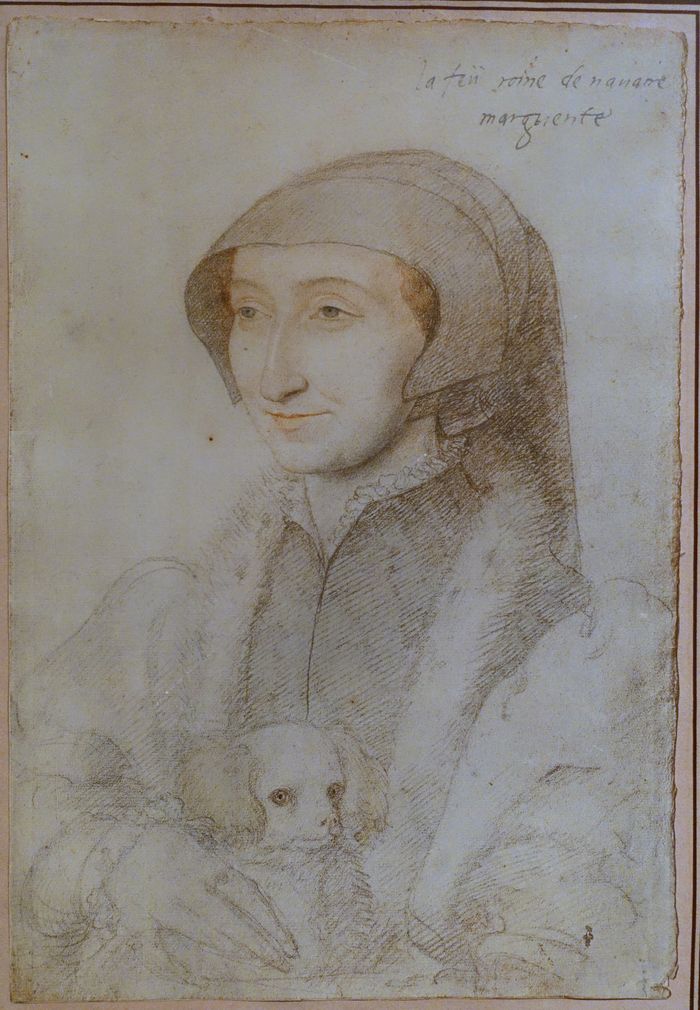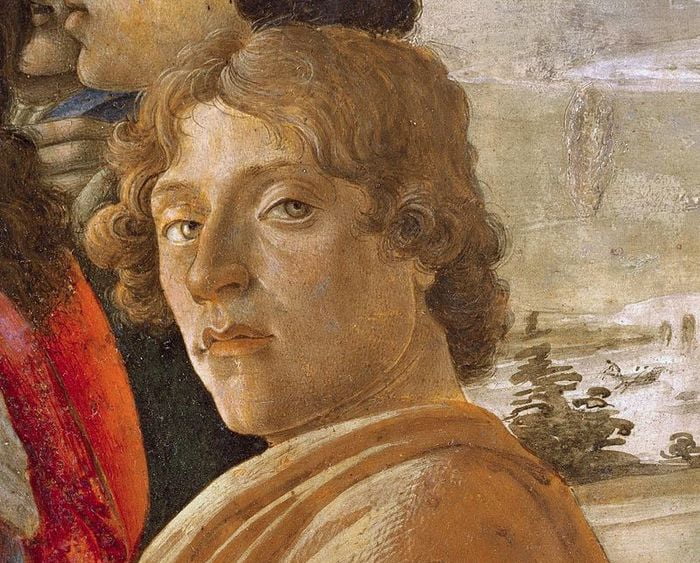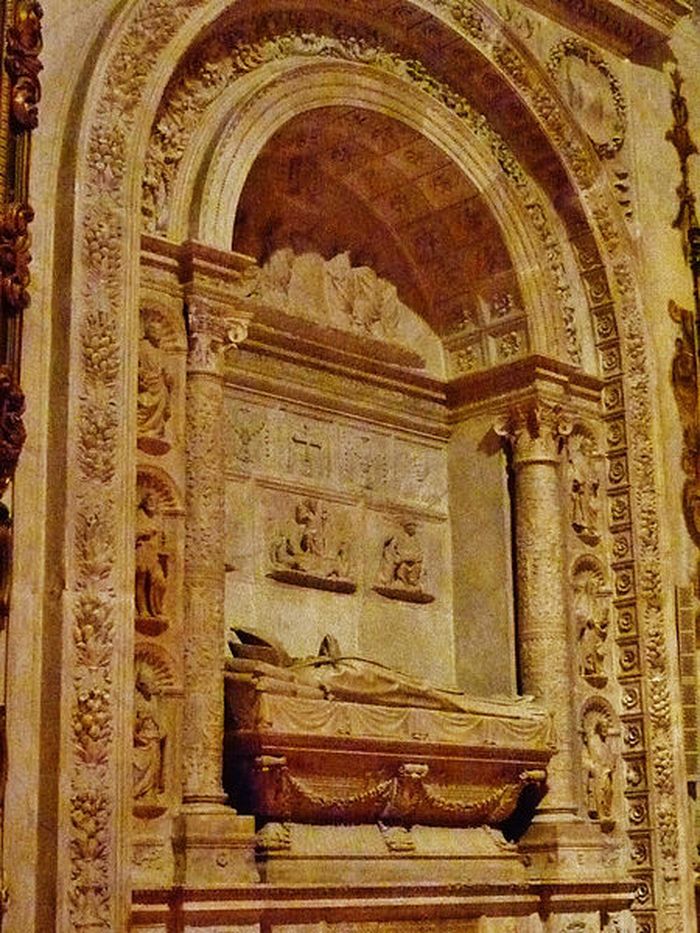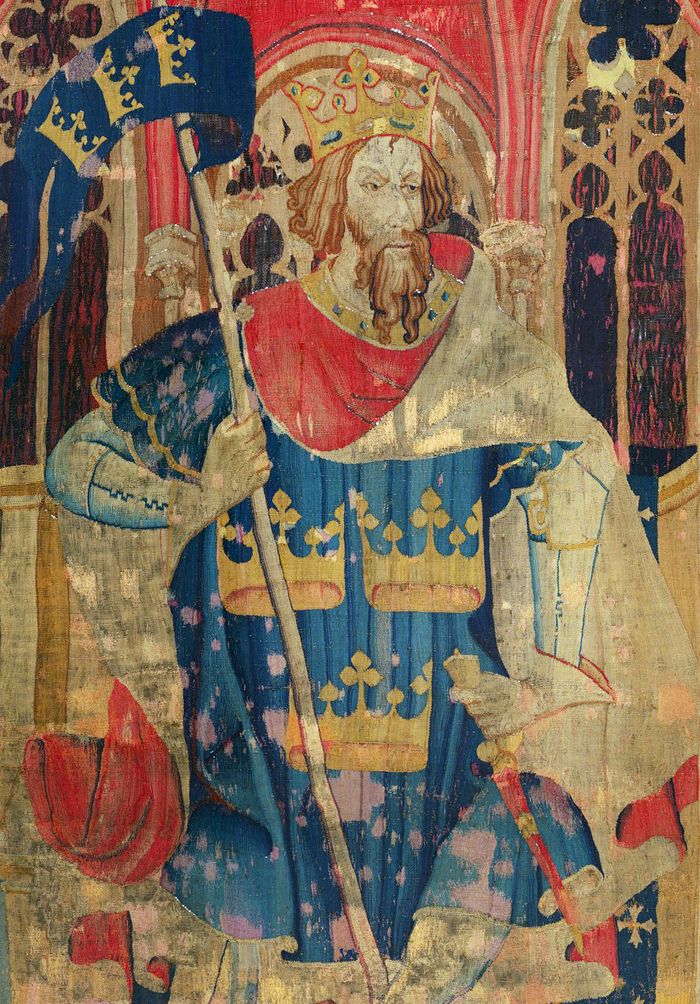Marguerite de Navarre (1492-1549)
Marguerite d`Angouleme, daughter of the Due d`Angouleme and sister of Francois I, was the second wife of the King of Navarre, and grandmother of Henry IV of France. A woman of culture and learn¬ing, and of immense political ability, she was a writer of consider¬able importance. But among all her varied literary works none is more popular than her famous collection of tales under the title of the Heptameron, a volume more or less based on the Decameron of Boccac¬cio.
These tales are for the most part intended to teach manners, wisdom and courtesy, and though they are no longer a practical or useful Bookof Etiquette, they are still readable. Marguerite was a shrewd observer of men, and showed in the best of her stories a feeling for character and a love of nature. The Heptameron was not published until after her death, though the stories circulated in MS. during her lifetime.
The present tale is reprinted from an anonymous translation pub¬lished in London in 1894. It is the fifty-sixth story, and has for title only a lengthy descriptive paragraph.
The Pious Lady and the Gray Friar
From the Heptameron, Tale 56
A french lady, whilst sojourning at Padua, was informed that there was a Gray Friar in the Bishop`s prison there, and finding that everyone spoke jestingly about him, she inquired the reason. She was told that this Gray Friar, who was an old man, had been confessor to a very honorable and pious widow lady, mother of only one daughter, whom she loved so dearly as to be at all pains to amass riches for her and to find her a good husband.
Now, seeing that her daughter was grown up, she was unceasingly anxious to find her a husband who might live with them in peace and quiet, a man, that is, of a good conscience, such as she deemed herself to possess. And since she had heard some foolish preacher say that it were better to do evil by the counsel of theologians than to do well through the belief in the inspira¬tion of the Holy Spirit, she had recourse to her Father Confessor, a man already old, a doctor of theology and one who was held to lead a holy life by the whole town, for she felt sure that, with his counsel and good prayers, she could not fail to find peace both for herself and for her daughter.
Read More about Ibn Battuta part 60








